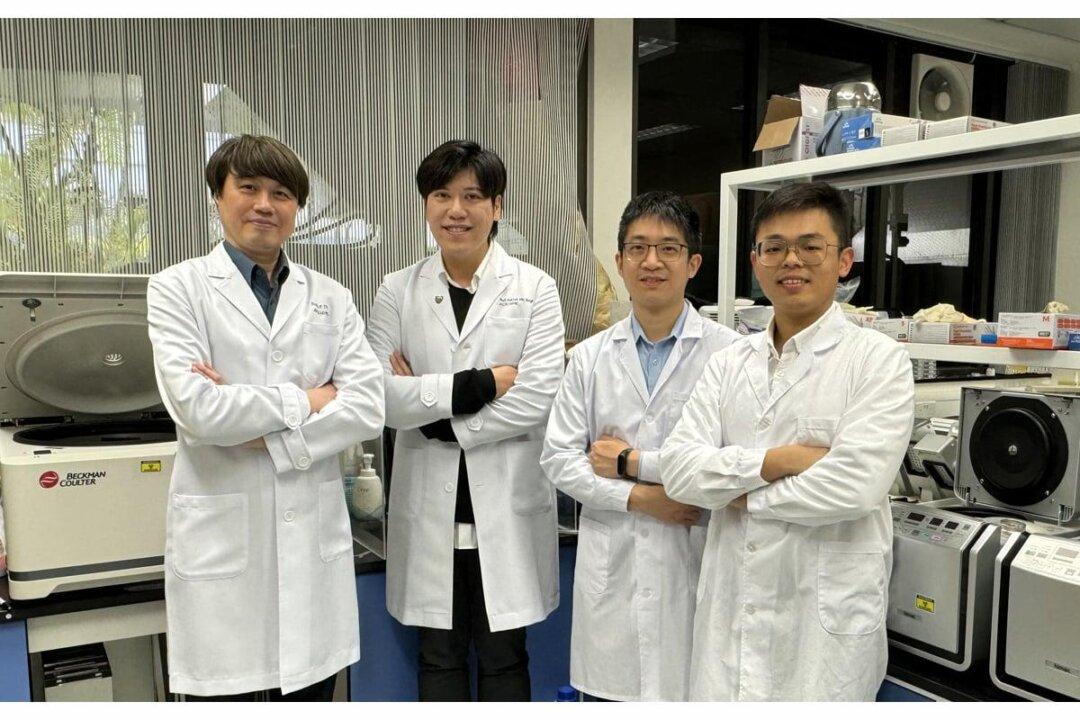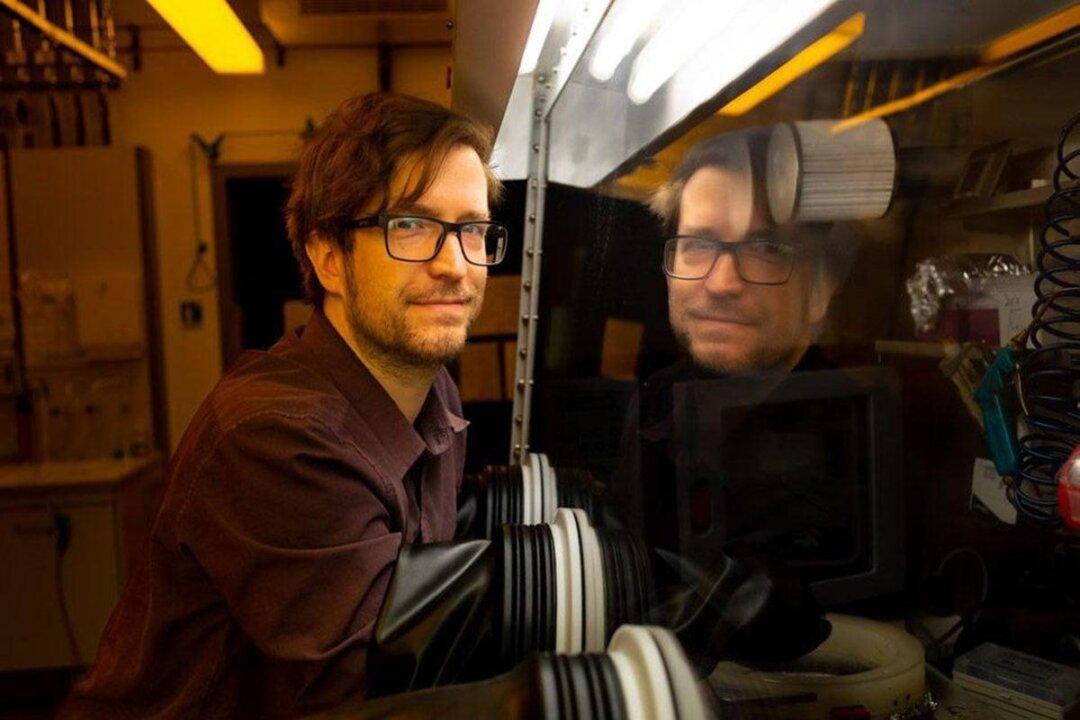Research by the School of Medicine at CUHK has found that lung cancer can utilize hematopoietic regulators to construct a microenvironment favorable for tumor growth, which may become a new therapeutic target. The team successfully verified the efficacy and safety of the treatment through mouse experiments, bringing new hope to the treatment of lung cancer. The research results have been published in the leading international scientific journal “Advanced Science.”
Assistant Professor Patrick Tang Ming-kuen of the Department of Anatomical and Cellular Pathology, Faculty of Medicine, CUHK, pointed out that the tumor microenvironment, that is, the non-cancerous cells in the tumor tissue, plays an important role in promoting the growth and spread of cancer cells. However, in contrast to cancer cells, the tumor microenvironment is not heterogeneous, making it an ideal target for cancer therapy.




